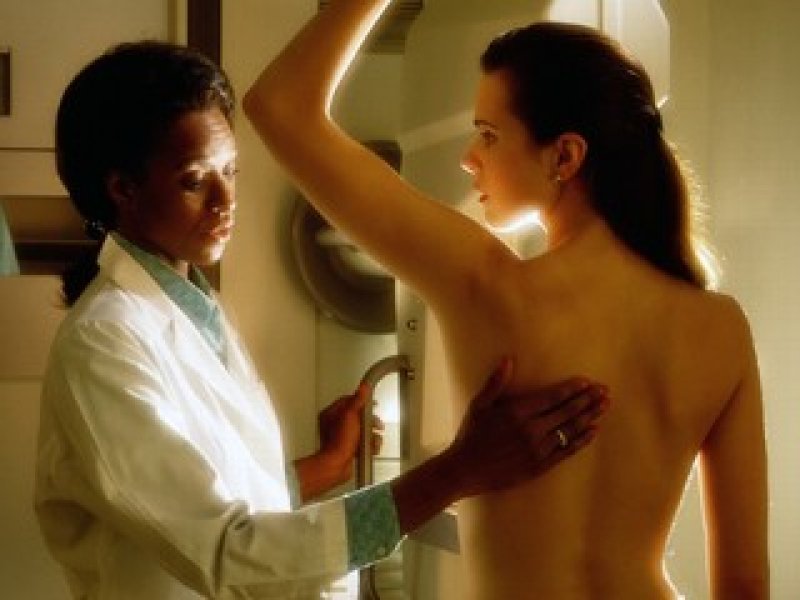Breast screening in the UK is at the centre of renewed controversy after an influential group of British MPs called on the government to provide evidence justifying a planned expansion of the programme. They also want figures provided to women on the pros and cons of screening to be checked by independent experts.
In the UK, breast screening is already offered to women aged between 50 and 70. The government wants to expand the age range to between 47 and 73, and has started a massive clinical trial involving women in the added age bands to evaluate the plan.
Critics say the trial is unethical and must be stopped. They say the women in the younger and older age groups are not being told that the dangers of screening may exceed those of not screening. Indeed, they are not even being clearly told they are taking part in a trial. “At a time when the whole question of screening is thrown into doubt, it seems utterly absurd to extend it,” says Michael Baum of University College London, who gave evidence to the UK parliament’s science select committee.
Breast screening sounds like it should be a no-brainer: inviting women for regular breast X-rays should catch cancers earlier and save lives.
Yet a growing body of research suggests that screening may do more harm than good, even in those aged 50 to 70, who are most at risk of breast cancer. The main concerns are false positives and overdiagnosis – detecting and treating small cancers that, if left alone, might in fact regress or grow so slowly as to do no harm. So women are having their breasts removed and radio and chemotherapy unnecessarily, or as Baum puts it, “The commonest cause of breast cancer is screening.”
Read full, original article: Critics say wide breast screening trial ‘unethical’































